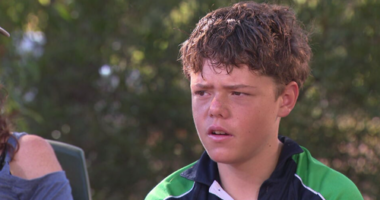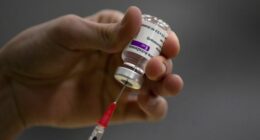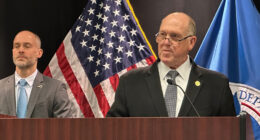Share this @internewscast.com

“Cases of infectious syphilis are increasing throughout Australia, leading to heartbreaking incidents of congenital syphilis and the loss of infants, events that could potentially have been avoided.”
Here is everything you need to know about syphilis.
What is syphilis?
The infection usually happens in four stages:
- Primary syphilis
- Secondary syphilis
- Latent syphilis
- Tertiary syphilis
According to the Department of Health, infectious syphilis notifications hit their peak in 2023 since tracking began in 2004, “impacting individuals in nearly every region of Australia”.
What are the symptoms?
“Similar to other sexually transmissible infections, syphilis often shows no symptoms, and can go undetected and untreated,” Kidd said.
WHO also says babies born with the infection can experience:
- Rashes
- Inflammation in the organs
- Anaemia
- Bone and joint problems
- Neurological conditions
- Developmental delays
- Seizures
Is it deadly?
According to WHO, syphilis can increase the risk of HIV infection and cause severe diseases, while tertiary syphilis “can cause death”.
How is syphilis transmitted?
It could also occasionally be transmitted by blood contamination.
Is there any cure for syphilis?
While there is no effective vaccine for syphilis, Healthdirect suggests syphilis can also be prevented by practising safe sex.











